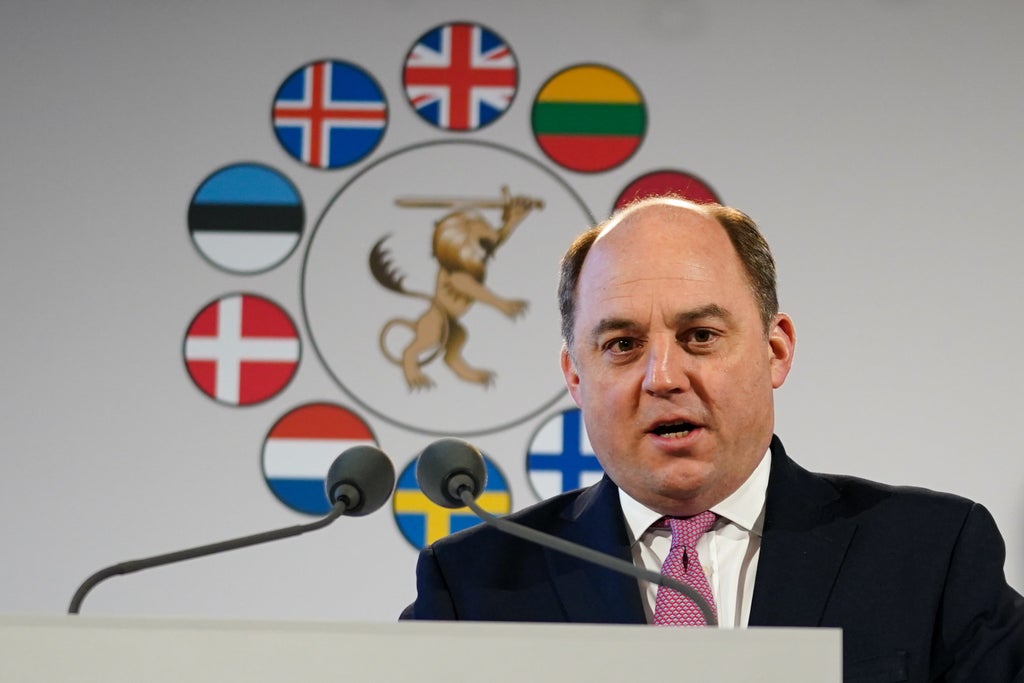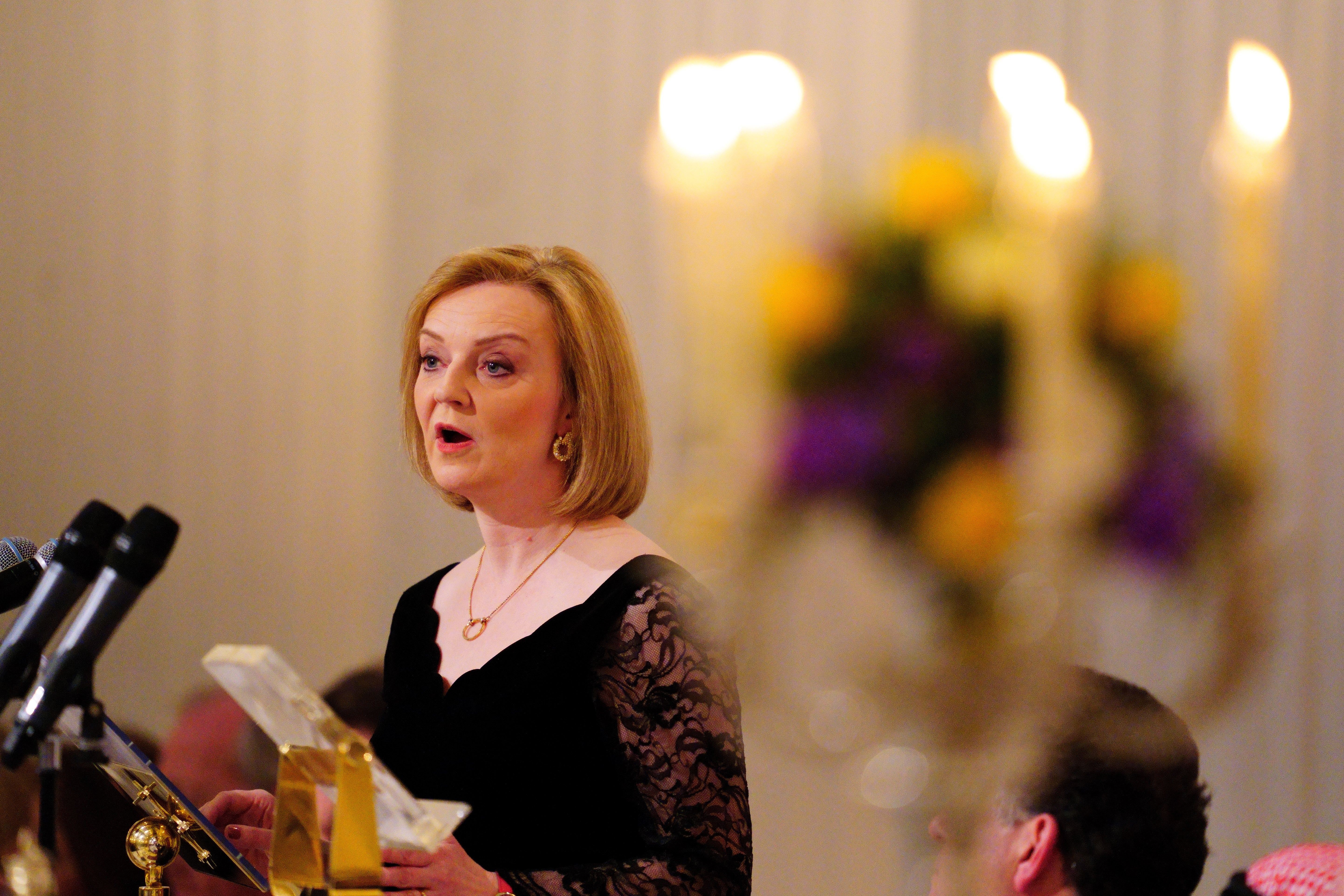
Around 8,000 British Army troops will take part in exercises across eastern Europe to combat Russian aggression in one of the largest deployments since the Cold War.
Dozens of tanks will be deployed to countries ranging from Finland to North Macedonia this summer under plans that have been enhanced since the invasion of Ukraine.
Defence Secretary Ben Wallace said the “show of solidarity and strength” will see UK service personnel joining with Nato allies and those from the Joint Expeditionary Force alliance, which includes Finland and Sweden, for the exercises.
The Ministry of Defence (MoD) said the action had been long planned, but that it had been enhanced since Russia invaded its neighbour in late February.
Meanwhile, a British military veteran was reported to have been killed in Ukraine while fighting Russian President Vladimir Putin’s forces.
Tributes were paid to Scott Sibley after the Foreign Office confirmed a British national had died in Ukraine and another is missing, without identifying the pair.
The families of both are being supported, a spokesperson said, declining to give names or further details.
Mr Sibley has been named by the BBC and Sky, both of which said he is believed to have been fighting in support of Ukrainian forces.
Fundraisers have received donations of more than £10,000 for the veteran’s family, with Craig Grant writing on one Gofundme page: “To me he was a friend like no other and the bravest person I’ve had the pleasure to have known, he was as good as a brother to me.”
Another fundraising page set up in Mr Sibley’s name paid tribute to his “contagious laugh and ability to cheer us up”.
Tributes were also left on the Logistic Support Squadron Facebook page, where a picture was posted alongside the comment: “This week the Sqn has lost a former serving soldier. A man that showed Commando spirit until the end. RIP. Scott Sibley.”

A small number of serving British personnel are believed to have gone absent without leave to join the resistance against the Russian invasion, while veterans and Britons without combat experience are thought to have also travelled to Ukraine.
There was initially confusion on the Government’s position after Foreign Secretary Liz Truss, in comments during an interview to the BBC on February 26, said she would “absolutely” support UK nationals who chose to fight for Ukraine.
However, she later rowed back on those comments, insisting she had been “expressing support for the Ukrainian cause” in her remarks, and that there are “better ways” to contribute to the country’s defence.
Aircraft, tanks, artillery and armoured assault vehicles will join the exercises across Europe, with the UK deployment expected to build to a peak of around 8,000 personnel operating between April and June.
Commander Field Army Lieutenant General Ralph Wooddisse said: “The UK makes a significant contribution to the defence of Europe and the deterrence of Russian aggression.
“The British Army’s series of exercises is fundamental to both.
“The scale of the deployment, coupled with the professionalism, training and agility of the British Army, will deter aggression at a scale not seen in Europe this century.”
Troops from the Queen’s Royal Hussars have been deployed for embedding in an armoured brigade in Finland, which shares an 830 mile land border with Russia.
Exercises alongside American troops are also taking place in Poland.
Mr Wallace said: “The security of Europe has never been more important.
“These exercises will see our troops join forces with allies and partners across Nato and the Joint Expeditionary Force in a show of solidarity and strength in one of the largest shared deployments since the Cold War.”







